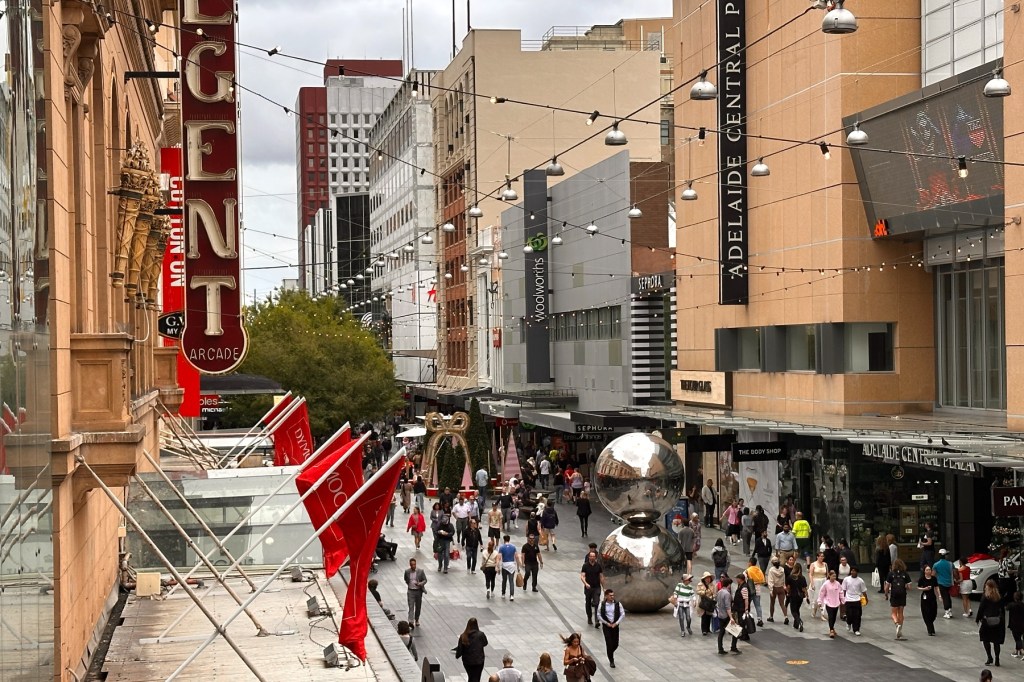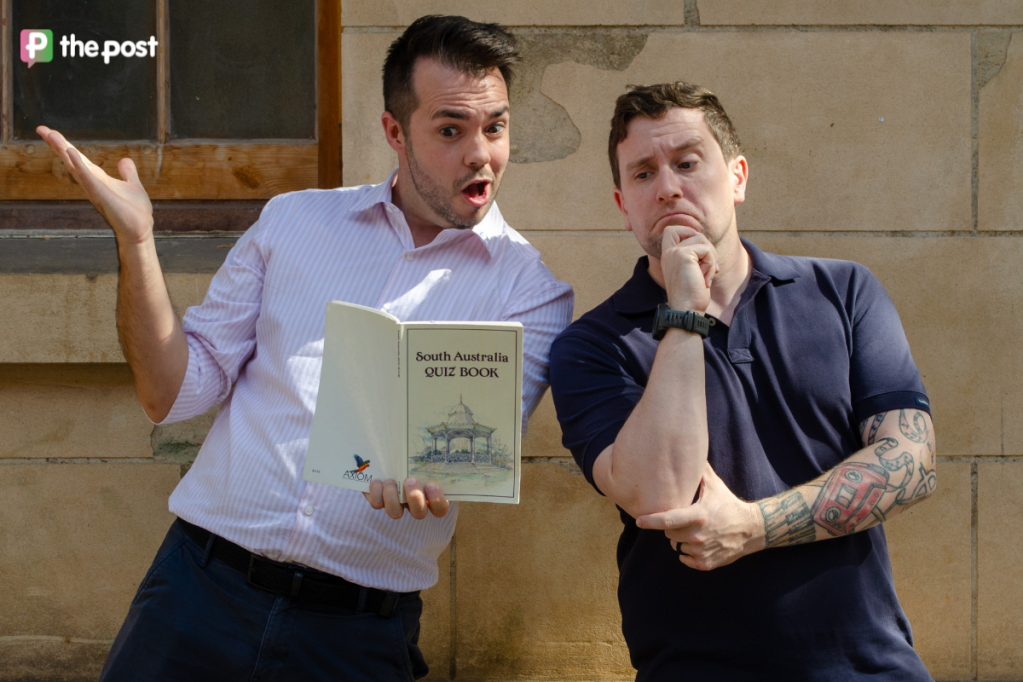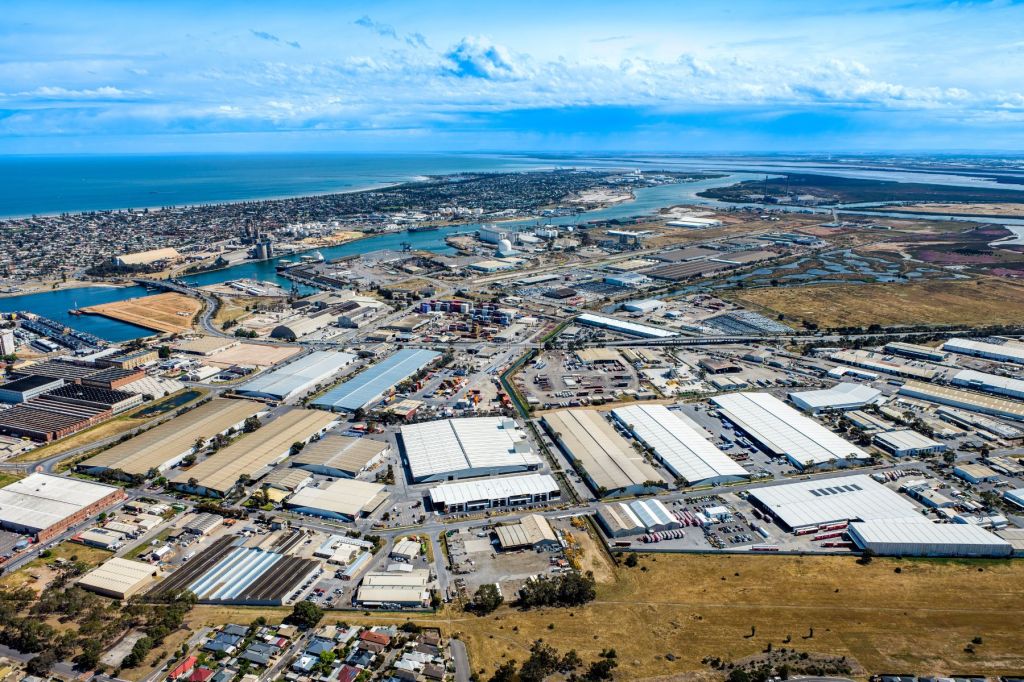Trump says tariffs are ‘medicine’ as markets brace
Australian market loses $156 billion in first hour of trading, as Asian and New Zealand markets also tumble.
US President Donald Trump says foreign governments will have to pay “a lot of money” to lift sweeping tariffs that he characterises as “medicine”, as financial markets anticipate another week of steep losses.
The ASX plunged on opening on Monday, down more than 6 per cent morning trading – effectively wiping about $156 billion off its market capitalisation, even more than had been expected.
All sectors were hit, with miners down 7.5 per cent, energy stocks down 8.3 per cent and financials down 6.9 per cent. Among notable falls were the Commonwealth Bank (down 8.1 per cent), BHP (down 8.9 per cent) and gaming machine manufacturer Aristocrat (down 10 per cent).
Listed companies based in South Australia were not immune, with the state’s largest company Santos down nearly 10 per cent at the time of writing. Health tech firm Anatara Lifesciences was the worst hit – down 25 per cent – while other tech companies like 1414 Degrees (down 13 per cent) and Spacetalk (down 8 per cent) also dived.
Gold miner Terramin Australia was a rare gainer in the sea of red, up more than 10 per cent at the time of writing.
You might like
Markets were also down in Asia and New Zealand as Trump indicated he was unconcerned about market losses that have already wiped out nearly $US6 ($A10) trillion in value from US stocks.
“I don’t want anything to go down. But sometimes you have to take medicine to fix something,” he said aboard Air Force One on Sunday (US time).
Trump said he had spoken to leaders from Europe and Asia over the weekend, who hope to convince him to lower tariffs as high as 50 per cent due to take effect this week.
“They are coming to the table. They want to talk but there’s no talk unless they pay us a lot of money on a yearly basis,” Trump said.
Stay informed, daily
Trump’s tariff announcement last week jolted economies around the world, triggering retaliatory levies from China and sparking fears of a global trade war and recession.
On Sunday morning talk shows, Trump’s top economic advisers sought to portray the hits as a savvy repositioning of the US in the global trade order.
They also tried to minimise the economic shocks from last week’s tumultuous rollout.
Wall Street stock futures opened sharply lower on Sunday, in a sign of further turbulence.
Treasury Secretary Scott Bessent said more than 50 nations had started negotiations with the US since last Wednesday’s announcement.
“He’s created maximum leverage for himself,” Bessent said on NBC News’ Meet the Press.
Neither Bessent nor the other officials named the countries or offered details about the talks. But simultaneously negotiating with multiple governments could pose a logistical challenge for the Trump administration and prolong economic uncertainty.
Trump, meanwhile, spent the weekend in Florida, playing golf. He posted a video of his swing to social media on Sunday.
Bessent said there was “no reason” to anticipate a recession, citing stronger-than-anticipated US jobs growth last month, before the tariffs were announced.
JPMorgan economists estimate the tariffs will result in full-year US gross domestic product declining by 0.3 per cent, down from an earlier estimate of 1.3 per cent growth, and that the unemployment rate will climb to 5.3 per cent from 4.2 per cent now.








